ORIGINAL RESEARCH
Published on 07 Aug 2020
Broadening Perspectives on Broadening Participation: Professional Learning Tools for More Expansive and Equitable Science Communication
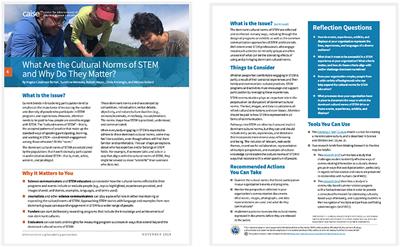
doi 10.3389/fcomm.2020.00052
- 5,894 views
- 26 citations
24k
Total downloads
210k
Total views and downloads
ORIGINAL RESEARCH
Published on 07 Aug 2020

COMMUNITY CASE STUDY
Published on 31 Jul 2020
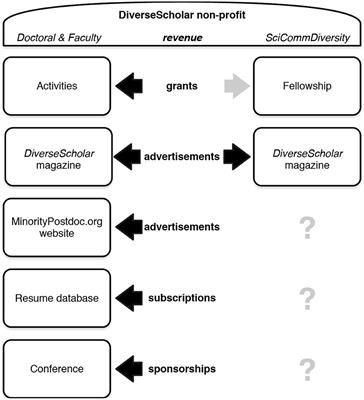
CONCEPTUAL ANALYSIS
Published on 29 Jul 2020
ORIGINAL RESEARCH
Published on 09 Jul 2020
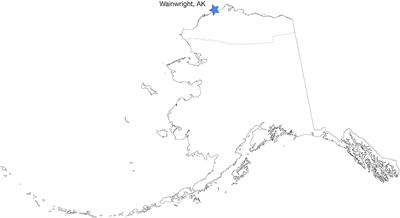
POLICY AND PRACTICE REVIEWS
Published on 07 Jul 2020
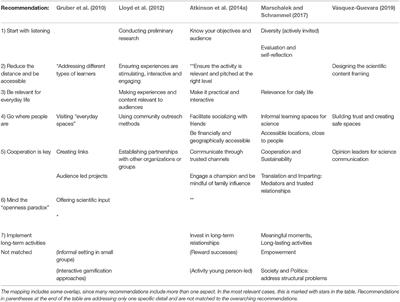
PERSPECTIVE
Published on 09 Jun 2020
OPINION
Published on 22 May 2020
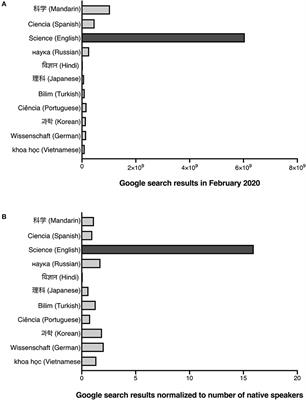
CORRECTION
Published on 09 Apr 2020

OPINION
Published on 27 Feb 2020
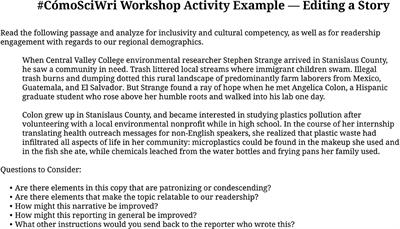
ORIGINAL RESEARCH
Published on 21 Feb 2020
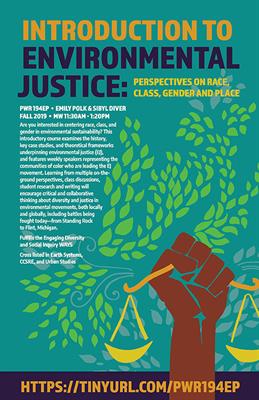
PERSPECTIVE
Published on 18 Feb 2020
PERSPECTIVE
Published on 30 Jan 2020